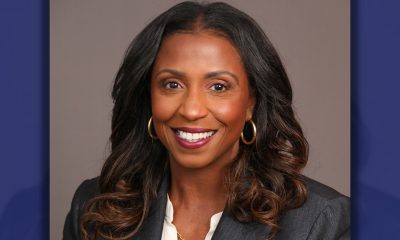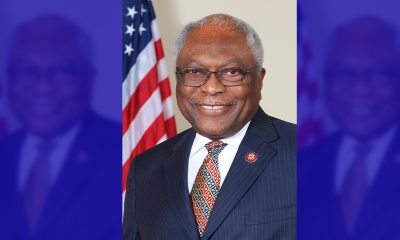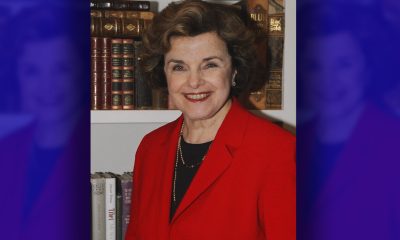Business
White House poised for increased ethnic diversity and a Black agenda, political candidates in play for both
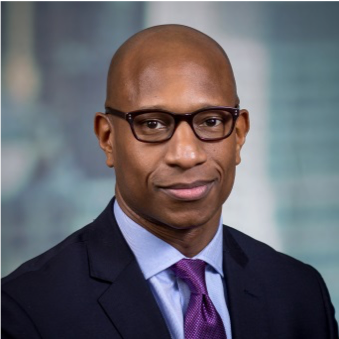
The political action committee of the Black Economic Alliance (BEA) endorses political candidates whose work supports prosperity and economic security for Black Americans. Launched in 2018, consisting of an astute and elite core of business and political influencers, BEA has since brought awareness and education to a wide range of voting constituents, now through virtual engagements, given restrictions wrought from the COVID19 pandemic. Beforehand, they assembled in-person “gatherings of the minds” to address matters of vital import. BEA endorsements and financial contributions are sought after and prized. To date, the organization has bolstered the political campaigns of numerous persons, among them:
Reverend Raphael Warnock (Sr. Pastor of Atlanta’s Ebenezer Baptist Church) who is vying among a very crowded field for US Senate seat
Mike Espy of Mississippi who too is seeking a US Senate seat
Jaime Harrison seeking to unseat South Carolina Republican Senator Lindsey Graham
And yes, there are others on BEA’s roster of 2020 endorsed candidates
Fueled by cachet and strategic comportment, BEA is fast becoming a bellwether of the Black body politic. According to their website, www.blackeconomicalliance.org, the organization’s scope hones in on several targets, including–
OPPORTUNITY ZONES: Modify opportunity zone tax policy to incent new business formation and employment versus real estate projects already in flight. Prioritize opportunity zones for infrastructure spending. Modify allocation formulas that favor rural communities at the county level to more focused opportunity zones.
ENTREPRENEURSHIP: Incent venture capital and private equity firms to incubate and invest in companies in opportunity zones in exchange for favorable carried interest tax rates. Incent business development companies to lend in opportunity zones.
AFFORDABLE HOUSING: Incent rent to own options in public and private housing, alternative financing structures, and technology innovations in modular housing. Modify zoning laws for accessory dwelling units and higher density. Accelerate permitting processes and include affordable housing as part of any federal infrastructure bill.
David G. Clunie is BEA’s Executive Director. He shepherds the operational side of this well-heeled, strategically-aligned body of power brokers, many of them luminaries in their own right.
Before joining BEA, Clunie most recently worked at JPMorgan Chase & Co., where he was a senior member of the Corporate Responsibility department, which uses the bank’s resources to increase opportunities for all people—particularly in the areas of workforce development, financial health, small business expansion, and community development. Clunie led a team of government relations managers who forged partnerships with state and local government officials nationwide on local community investments as well as public policy challenges and opportunities. He was a champion for diversity, equity, and inclusion—chairing the firm’s coalition of Black managing directors, The Black Executive Forum; sitting on the firm’s Diversity Advisory Committee; leading CR’s Equity & Inclusion working group; and serving as an ambassador and mentor for The Fellowship Initiative leadership development program for young men of color.
Prior to joining JPMorgan Chase & Co., Clunie was the Executive Secretary of the U.S. Department of the Treasury. As an appointee of President Barack Obama at the Treasury Department, Clunie was a member of Secretary Jacob J. Lew’s senior staff and ran what is often referred to as the Department’s “nerve center.” There, he was responsible for quality control and policy coordination of all work streams associated with Secretary Lew.
We spoke by phone from his Harlem (New York City) home, regarding leadership and expectations.
Sandra Varner/Talk2SV: The Black Economic Alliance’s political action committee is one to be reckoned with; the organization has given clout, heft, and visibility to a number of viable candidates.
David G. Clunie: Indeed. BEA is a coalition of Black business leaders and allies who prioritize economic progress for the Black community. And, we are trying to bring a new perspective in addition to elevating the conversation around what it means for Black Americans to do well, why that goal is important, and inextricably tied to the success of the US economy. Everything we do–from our political action endorsing candidates or pushing for particular issues as well as our engagement with the private sector and our advocacy on legislation–is all about drivers of economic growth and closing the Black-White wealth gap; removing the obstacles to success for Black communities and what it means to the larger US economy, overall.
To demonstrate, a 2019 McKinsey & Company report shows, if you were to close the Black-White wealth gap, you could add some 4-6% growth to real US GDP by 2028. In more recent reports, findings indicate that racial inequality has cost the US economy, $16 trillion over the last two decades. These are examples of why we are doing the work we’re doing, to make right some very longstanding past wrongs, regarding Black people’s opportunity for economic growth.
Talk2SV: Based on what you’ve said, does the work of BEA lend itself more to legislative policy change or consumer and business economics?
Clunie: All of the above, as an organization, we use the extent of our reach as business leaders. Those who are closely tied to policy will impact the public, private, and nonprofit sectors. It’s our belief and approach that in order to have real systemic change, we need to be rowing in the same direction and pulling on levers in all arenas–industry, public, private, and nonprofits–to really see systemic change. We are doing everything from calling for legislation, helping draft legislation and, helping to push legislation that we think would help on the public policy side, also working closely with the private sector and business leaders. We approach “how” they do business with communities of color; how they’re making decisions internally; what culture they’re creating internally and externally, and how it impacts the economic success of Black Americans.
Bay Area
Mayor Breed Proposes Waiving City Fees for Night Markets, Block Parties, Farmers’ Markets, Other Outdoor Community Events
Mayor London N. Breed introduced legislation on April 26 to encourage and expand outdoor community events. The first will waive City fees for certain events, making them less costly to produce. The second will simplify the health permitting for special event food vendors through the creation of an annual permit. Both pieces of legislation are part of the Mayor’s broader initiative to bring vibrancy and entertainment to San Francisco’s public right of ways and spaces.

Mayor’s Press Office
Mayor London N. Breed introduced legislation on April 26 to encourage and expand outdoor community events.
The first will waive City fees for certain events, making them less costly to produce. The second will simplify the health permitting for special event food vendors through the creation of an annual permit. Both pieces of legislation are part of the Mayor’s broader initiative to bring vibrancy and entertainment to San Francisco’s public right of ways and spaces.
Outdoor community events are integral to San Francisco’s vibrant culture and sense of community. These events include night markets, neighborhood block parties and farmers markets, and bolster the City’s economy by supporting local businesses and attracting tourists eager to experience San Francisco’s unique charm and food scene.
They offer residents, workers and visitors, opportunities to engage with local artists, musicians, and food vendors while enjoying the San Francisco’s stunning outdoor spaces and commercial corridors.
The legislation will allow for more and new community gatherings and for local food vendors to benefit from the City’s revitalization.
“San Francisco is alive when our streets are filled with festivals, markets, and community events,” said Breed. “As a city we can cut fees and streamline rules so our communities can bring joy and excitement into our streets and help revitalize San Francisco.”
Fee Waiver Legislation
The events that can take advantage of the new fee waivers are those that are free and open to the public, occupy three or fewer city blocks, take place between 8 a.m. and 10 p.m., and have the appropriate permitting from the ISCOTT and the Entertainment Commission.
The applicant must be a San Francisco based non-profit, small business, Community Benefit District, Business Improvement District, or a neighborhood or merchant association. Fees eligible for waiver include any application, permit, and inspection/staffing fees from San Francisco Municipal Transportation Agency, Department of Public Health, Fire Department, Entertainment Commission, and Police Department.
Currently, it can cost roughly anywhere between $500-$10,000 to obtain permits for organized events or fairs, depending on its size and scope. Organizations and businesses are limited to a maximum of 12 events in one calendar year for which they can receive these fee waivers.
Food Vendor Streamlining Legislation
The second piece of legislation introduced will help special event food vendors easily participate in multiple events throughout the year with a new, cost-effective annual food permit. Food vendors who participate in multiple events at multiple locations throughout the year will no longer need to obtain a separate permit for each event. Instead, special event food vendors will be able to apply and pay for a single annual permit all at once.
“Many successful food businesses either begin as pop-up vendors or participate in special events to grow their business,” says Katy Tang, Director of the Office of Small Business. “Giving them the option for an annual special event food permit saves them time and money.”
Currently, food vendors are required to get a Temporary Food Facility (TFF) permit from the Department of Public Health (DPH) in order to participate in a special event, among permits from other departments.
Currently, each special event requires a new permit from DPH ranging from $124-$244, depending on the type of food being prepared and sold. Last year, DPH issued over 1,500 individual TFF permits. With the new annual permit, food vendors selling at more than four to six events each year will benefit from hundreds of dollars in savings and time saved from fewer bureaucratic processes.
“This legislation is a step in the right direction to make it easier for food vendors like me to participate in citywide events,” said Dontaye Ball, owner of Gumbo Social. “It saves on time, money and makes it more effective. It also creates a level of equity.”
Bay Area
Faces Around the Bay: Sidney Carey
Sidney Carey was born in Dallas, Texas. He moved with his family to West Oakland as a baby. His sister is deceased; one brother lives in Oakland. Carey was the Choir Director at Trinity Missionary Baptist Church for 18 years.
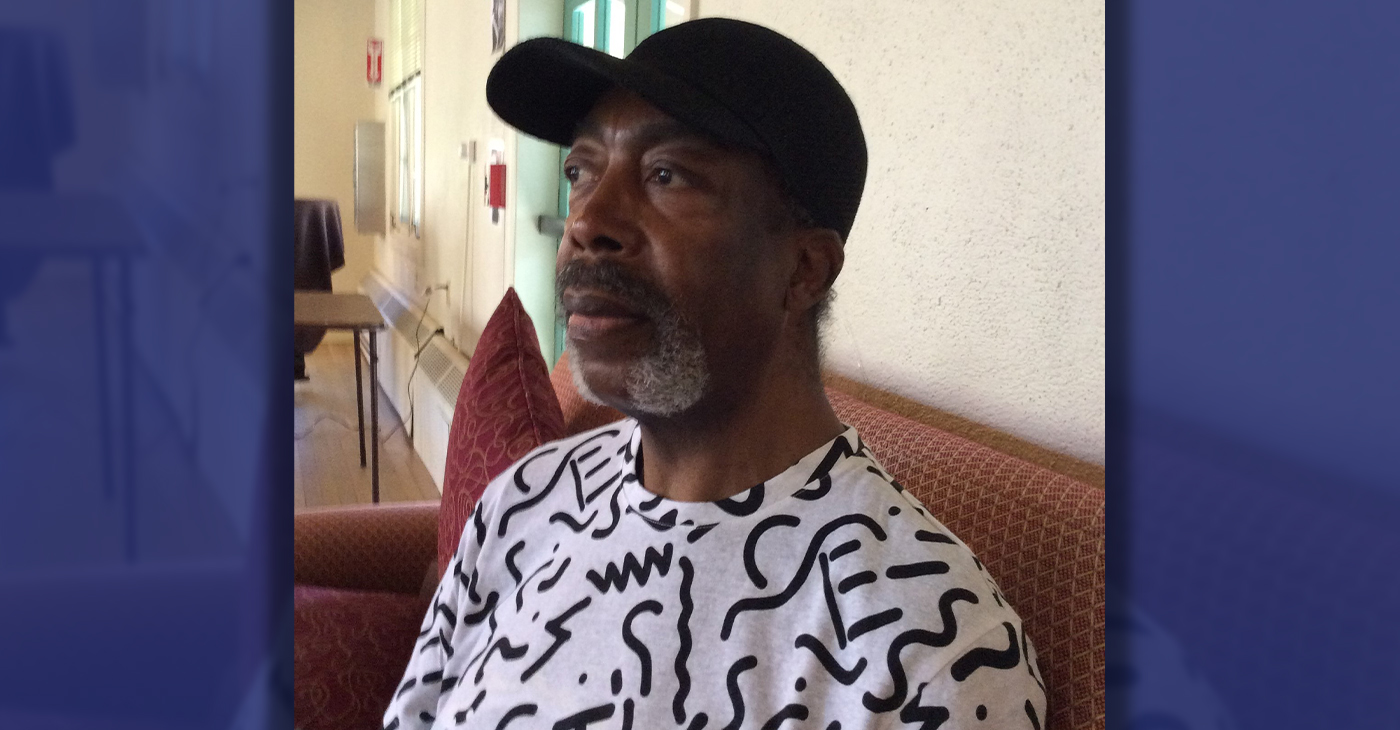
By Barbara Fluhrer
Sidney Carey was born in Dallas, Texas. He moved with his family to West Oakland as a baby. His sister is deceased; one brother lives in Oakland.
Carey was the Choir Director at Trinity Missionary Baptist Church for 18 years.
He graduated from McClymonds High with a scholarship in cosmetology and was the first African American to complete a nine-month course at the first Black Beauty School in Oakland: Charm Beauty College.
He earned his License, and then attended U.C., earning a secondary teaching credential. With his Instructors License, he went on to teach at Laney College, San Mateo College, Skyline and Universal Beauty College in Pinole, among others.
Carey was the first African American hair stylist at Joseph and I. Magnin department store in Oakland and in San Francisco, where he managed the hair stylist department, Shear Heaven.
In 2009, he quit teaching and was diagnosed with Congestive Heart Failure. He was 60 and “too old for a heart transplant”. His doctors at California Pacific Medical Center (CPMC) went to court and fought successfully for his right to receive a transplant. One day, he received a call from CPMC, “Be here in one hour.” He underwent a transplant with a heart from a 25-year- old man in Vienna, Austria
Two years later, Carey resumed teaching at Laney College, finally retiring in 2012.
Now, he’s slowed down and comfortable in a Senior Residence in Berkeley, but still manages to fit his 6/4” frame in his 2002 Toyota and drive to family gatherings in Oakland and San Leandro and an occasional Four Seasons Arts concert.
He does his own shopping and cooking and uses Para Transit to keep constant doctor appointments while keeping up with anti-rejection meds. He often travels with doctors as a model of a successful heart-transplant plant recipient: 14 years.
Carey says, “I’m blessed” and, to the youth, “Don’t give up on your dreams!”
Business
Maximizing Your Bank Branch Experience
In a world of online tools that let you make banking transactions with the touch of a button, the idea of visiting a branch might seem unnecessary. However, if you haven’t visited your local branch recently, you might be surprised by what it has to offer. Your branch is much more than a place to deposit and withdraw money – it can offer the opportunity to build valuable relationships with people who can help you achieve financial independence.
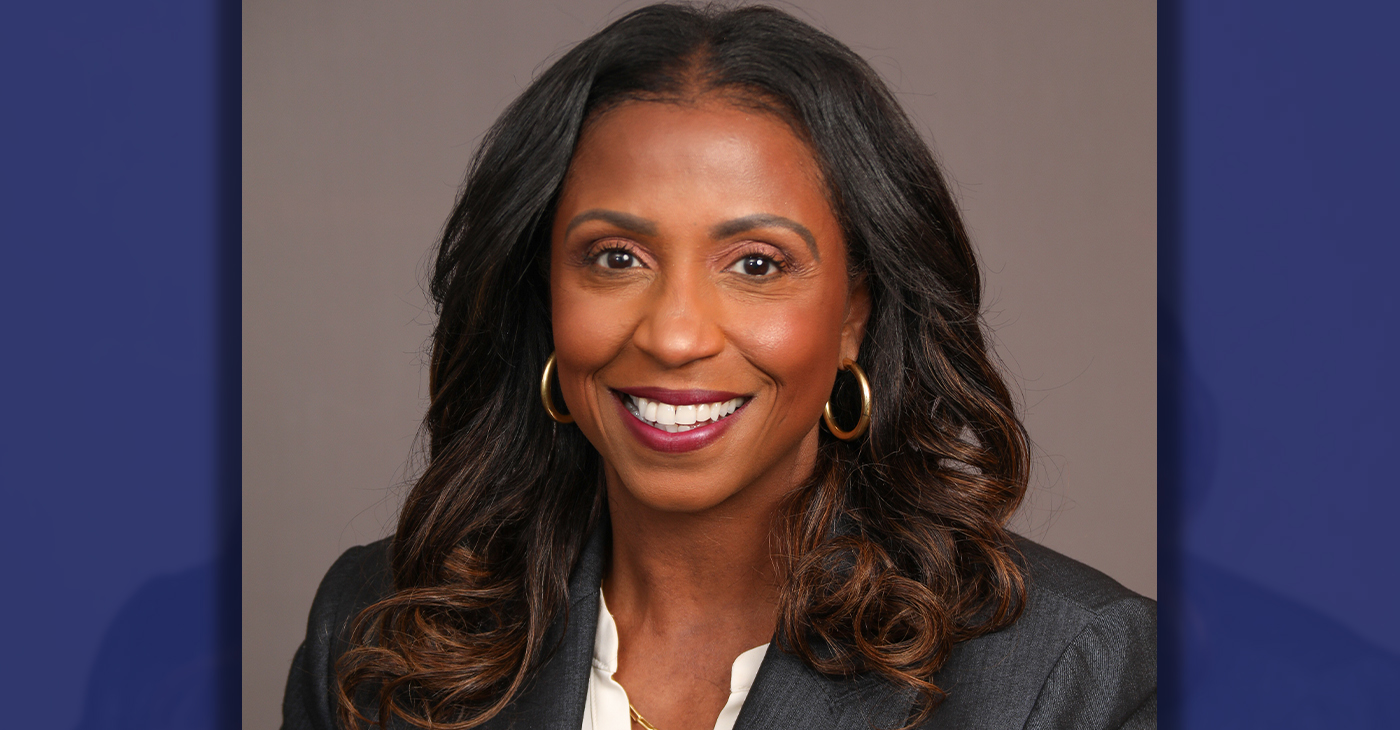
Sponsored by JPMorgan Chase & Co.
In a world of online tools that let you make banking transactions with the touch of a button, the idea of visiting a branch might seem unnecessary.
However, if you haven’t visited your local branch recently, you might be surprised by what it has to offer. Your branch is much more than a place to deposit and withdraw money – it can offer the opportunity to build valuable relationships with people who can help you achieve financial independence.
Diedra Porché, Head of Community and Business Development at Chase, talks about how the bank model has evolved to maximize the branch experience for customers; how connecting with your local branch team can help you think differently about money and investing for your future.
How can a customer feel connected to a bank branch?
I love that question because we ask ourselves the same thing every day. Being part of the community means meeting with local leaders to find out what they need from us and then designing our branches around that. For example, at some of our community branches we have what we call a living room where we can host financial workshops, small business pop-up shops or nonprofit organization meetings. We also hire locally. You feel much more connected talking about financial aspirations with people from your community who went to the same high school, place of worship or maybe frequented the same recreation center down the street when they grew up.
How can I build a relationship with my bank?
Customers should feel comfortable sharing their goals, needs and wants with their banker. Also, it helps to remember the Community Manager is there to help solve your finance challenges and build a roadmap for success. You might have a short-term or long-term goal to open a business, build your credit, become debt-free, buy a home, or save for retirement, and our community team can help. At Chase, we strive to make dreams possible for everyone, everywhere, every day. Your financial future starts with building those relationships.
How can customers change negative perceptions they have about managing their money?
Far too often, customers are intimidated when they visit a bank. Our goal is to demystify banking and money myths empowering people to make the right decisions. For example, a big myth is assuming you need a lot of money to have a bank account. You don’t! Another myth is you need to carry a balance on your credit card to build credit — actively using your credit card can demonstrate that you can use credit responsibly but carrying a balance won’t necessarily improve your credit score. Finally, understanding mobile and online banking safety is key. There are so many safeguards and protections in place to guard your personal information and funds.
What’s an easy step one can take to shift their financial behavior right now?
Cultivating self-awareness is a good first step. Start by taking inventory of your spending. Be honest with yourself about what you need and what you want. Too often, people confuse the two, which leads to bad decisions. Rent is something you need to pay. An extra pair of shoes is something you may want but before you buy them ask yourself if that’s the best use of your hard-earned money. Too often, our beliefs and our fears shape our financial realities. If any of those beliefs are limiting your financial behavior, it’s important to question and examine them, and then decide you’re open to learning something different.
What’s one perception about banking that you’d like to change?
I think folks are surprised there are so many resources available and accessible both at our branches and online, it’s always a good idea to visit a nearby branch and speak to a Community Manager or banker. Outside of what we offer in-branch, our teams also work with local neighborhood partners who provide a variety of services to support the community, businesses and residents. I received a unique piece of feedback from an employee who started with the bank and had lived in the same community his whole life. When he visited his local community branch, he said, “Diedra, when I walked in, I felt dignified.” Every time I recount that story, it warms my heart because that’s what we want — we want our centers to belong to the community.
-

 Community3 weeks ago
Community3 weeks agoFinancial Assistance Bill for Descendants of Enslaved Persons to Help Them Purchase, Own, or Maintain a Home
-

 Business3 weeks ago
Business3 weeks agoV.P. Kamala Harris: Americans With Criminal Records Will Soon Be Eligible for SBA Loans
-

 Activism3 weeks ago
Activism3 weeks agoOakland Post: Week of April 10 – 16, 2024
-

 Community3 weeks ago
Community3 weeks agoAG Bonta Says Oakland School Leaders Should Comply with State Laws to Avoid ‘Disparate Harm’ When Closing or Merging Schools
-

 Community2 weeks ago
Community2 weeks agoRichmond Nonprofit Helps Ex-Felons Get Back on Their Feet
-

 Community2 weeks ago
Community2 weeks agoOakland WNBA Player to be Inducted Into Hall of Fame
-

 Activism1 week ago
Activism1 week agoOakland Post: Week of April 24 – 30, 2024
-

 Community2 weeks ago
Community2 weeks agoRPAL to Rename Technology Center for Retired Police Captain Arthur Lee Johnson


